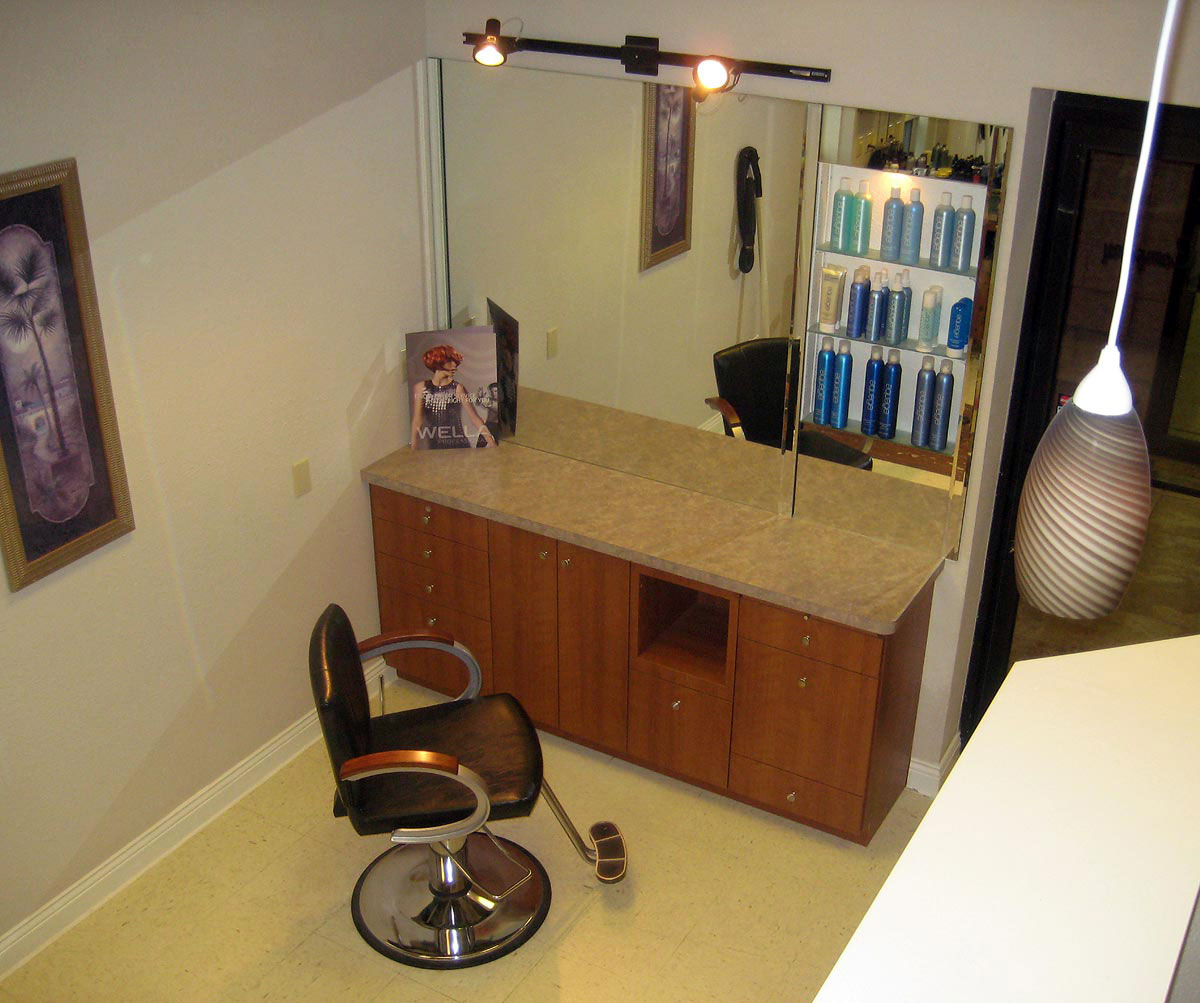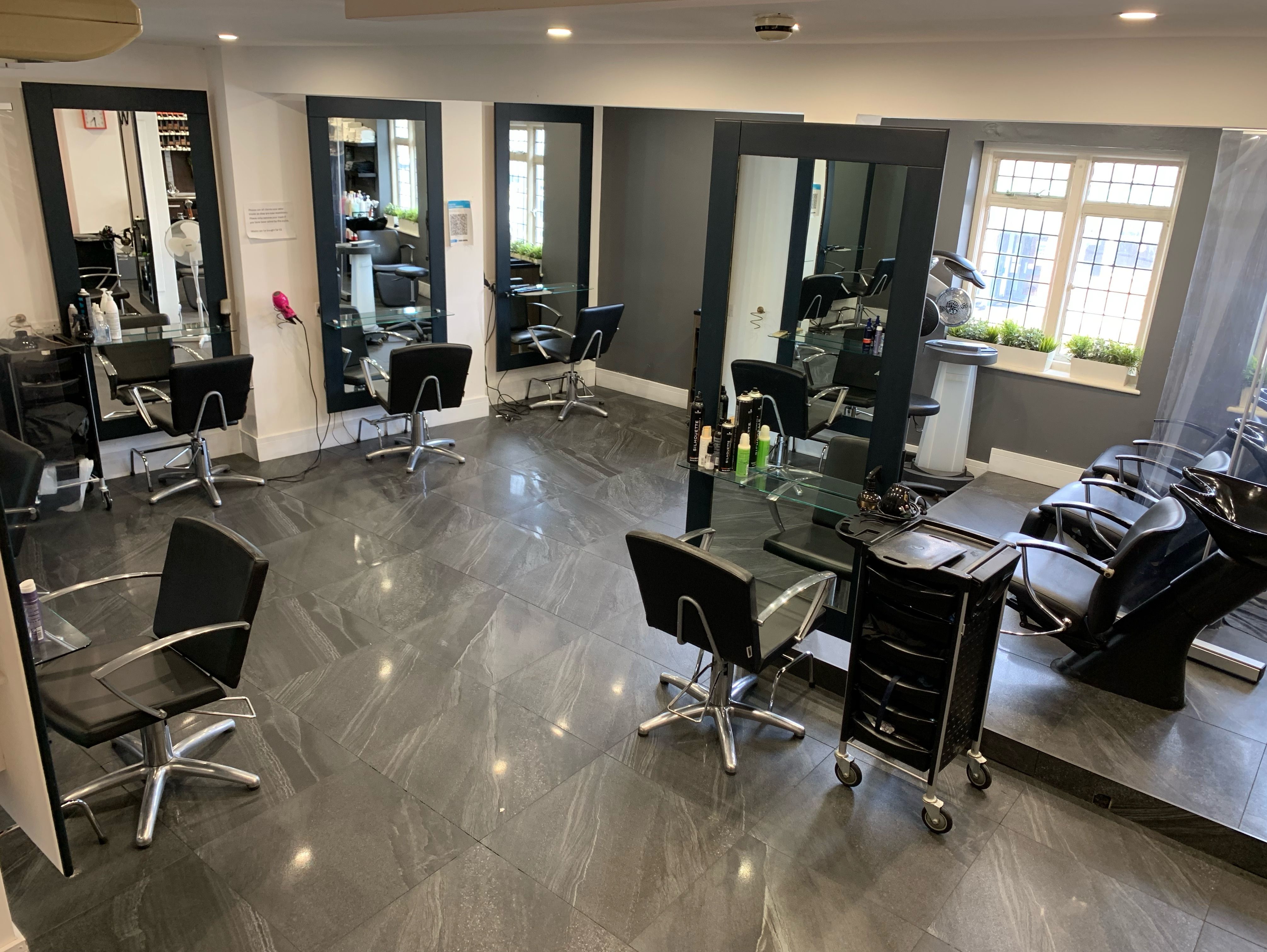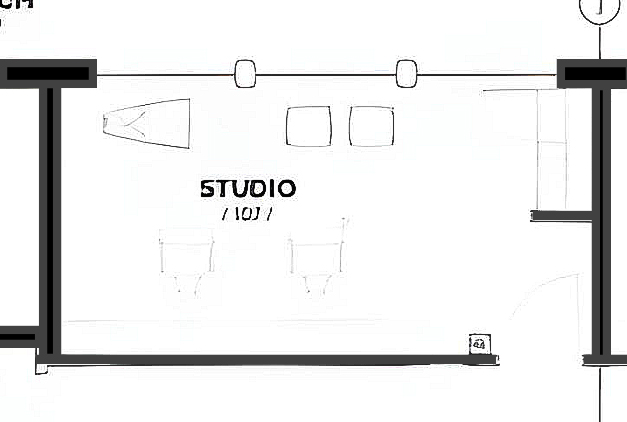High-end Salon Suites for Your Charm Business
High-end Salon Suites for Your Charm Business
Blog Article
Strategic Choices: Weighing the Advantage of Leasing Versus Having a Beauty Parlor Room to Optimize Long-Term Success and Financial Practicality
When it comes to establishing a salon business, one of the important decisions that proprietors have to thoroughly consider is whether to lease or own the space in which they operate. The selection in between renting and owning a hair salon area can have a significant impact on the long-lasting success and financial health of the organization.

Pros and Cons of Renting Out
When thinking about the choice in between renting out a hair salon room or owning one, it is important to evaluate the benefits and drawbacks of leasing to make an educated option. One key benefit of renting out a salon area is the versatility it uses. Renting allows beauty salon owners to evaluate different places or upscale their company without the dedication of a long-term home loan. In addition, leasing usually includes fewer ahead of time expenses, making it a much more easily accessible option for new salon owners or those with budget restraints.

Financial Factors to Think About

Considering the economic implications of leasing a hair salon space versus having one is crucial for making an educated company choice. When evaluating the monetary elements, it is essential to analyze the preliminary costs related to each alternative. Leasing a beauty salon room generally needs a down payment and regular monthly rent settlements, whereas having involves a down repayment, home loan repayments, residential or commercial property tax obligations, and upkeep costs.
Additionally, the long-term monetary effects differ between renting and owning. Leasing supplies versatility yet might cause higher advancing costs with time as a result of rental rises. On the other hand, owning a hair salon room uses potential equity development and the possibility to construct assets. It is essential to conduct a cost-benefit analysis to determine which choice aligns best with your monetary objectives and service strategy.
Furthermore, take into consideration the effect on capital and earnings. Renting might use lower upfront expenses, allowing you to allot more resources to advertising and marketing and service development. On the other hand, owning calls for a considerable initial financial investment but may result in cost financial savings in the future. Examining these financial elements thoroughly will help you make a tactical choice that optimizes your beauty parlor's long-term success and financial feasibility.
Functional Flexibility and Control
Optimum functional performance plays an essential function in establishing the balance in between adaptability and control when making a decision in between leasing and having a hair salon room. Leasing a Website beauty salon area uses intrinsic flexibility as it enables for less complicated changes to altering market problems, consumer preferences, or company demands. This versatility is especially valuable for brand-new hair salon proprietors or those looking to examine various areas before dedicating long-lasting. In addition, renting out offers the advantage of not being linked down to a details home, allowing much easier moving if necessary.
On the other hand, having a hair salon space supplies a higher sense of control over the residential or commercial property and its operations. Proprietors have the flexibility to tailor the area to their preference, carry out long-lasting approaches without the threat of lease discontinuations, and potentially build equity with time. Possession additionally comes with responsibilities such as residential property upkeep, insurance policy, and residential or commercial property taxes, which can influence the overall financial dedication.
Eventually, the decision between renting out and having should consider the preferred degree of functional versatility and control that straightens with the salon's lasting goals and vision.
Financial Investment Potential in Ownership
Given the functional considerations discussed earlier, exploring the investment potential in hair salon possession clarifies the economic ramifications and long-lasting benefits that come with possessing a beauty parlor space. Beauty salon possession provides a distinct possibility for entrepreneurs to construct equity and assets in time. By purchasing a beauty parlor room, proprietors have the possible to profit from residential or commercial property recognition, which can act as an important asset over time. Furthermore, owning a beauty parlor provides security in regards to set home mortgage repayments, providing predictability in monetary preparation contrasted to rising and fall rental prices.
Furthermore, possession permits higher control over the space, making it possible for owners to tailor and customize the hair salon to their details brand and vision without the constraints usually imposed by property managers. This level of control can boost the overall consumer experience and brand identification, possibly leading to raised client retention and service development.
In regards to financial investment possibility, owning a salon space can additionally open up possibilities for additional profits streams, such as renting unused space to other beauty professionals or integrating retail sales within the salon. Hair salon for rent. These varied income resources can add to the total economic health and wellness and sustainability of business
Long-Term Security and Development
With a concentrate on sustainability and growth gradually, establishing lasting security and hair salon offers fostering development are pivotal facets of beauty parlor ownership. To make certain long-term stability, hair salon proprietors should very carefully consider aspects such as area, market patterns, and financial planning. Picking in between renting and having a beauty parlor room plays a considerable duty in figuring out business's growth capacity.
Leasing a salon area provides adaptability and reduced initial prices, permitting proprietors to assign sources towards enhancing solutions and advertising and marketing initiatives. Nonetheless, lasting rental prices can impact productivity and restrict the capability to build equity in the home. On the other hand, possessing a hair salon area uses security via dealt with mortgage payments and the potential for residential property appreciation. By possessing the area, beauty parlor proprietors have even more control over customizing the residential property to suit their brand name and can gain from lasting possession growth.
Ultimately, the choice in between renting out and possessing a hair salon area ought to align with the salon names owner's long-term service objectives and economic goals. Whether focusing on flexibility or equity structure, a calculated approach to residential or commercial property ownership can considerably impact the hair salon's security and development trajectory.
Verdict
In conclusion, the choice between renting out and possessing a hair salon space needs a mindful evaluation of financial variables, functional adaptability, investment potential, and long-lasting stability. Both alternatives come with their very own set of benefits and drawbacks, and it is essential for salon owners to weigh these aspects to optimize long-lasting success and economic viability. Booth rental. Ultimately, the option in between renting out and owning ought to be based upon a complete analysis of private company goals and scenarios
Report this page